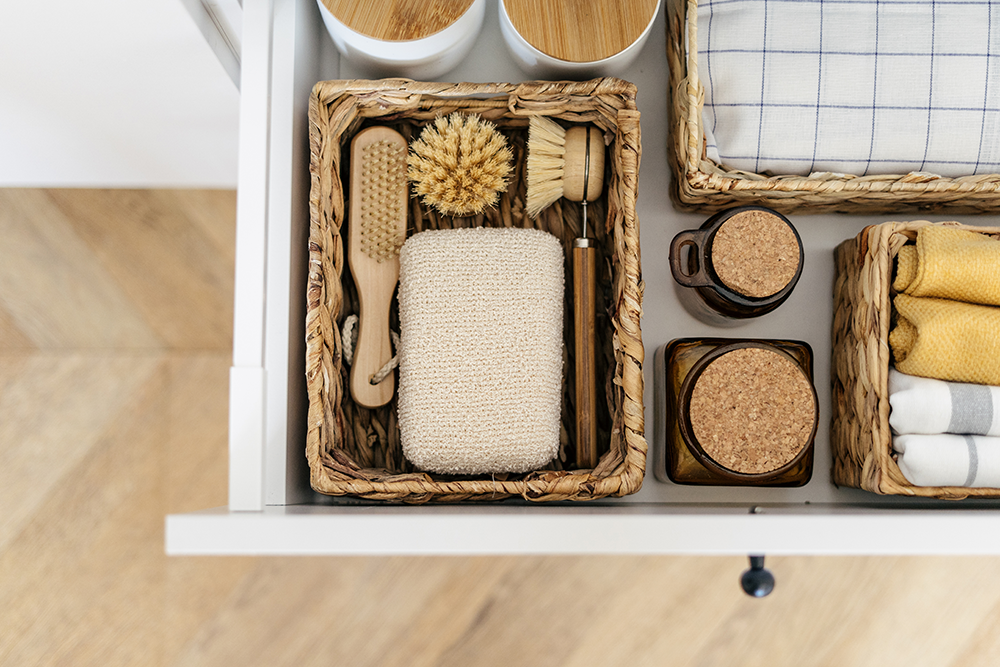Embrace Sustainability at Home: Simple Steps to Make a Positive Impact
As individuals, we hold the power to make a difference in creating a more sustainable future for our planet. While large-scale initiatives are essential, small actions at the individual level can accumulate into significant change. In this article, we’ll explore practical steps you can take to increase sustainability in your home.
Reduce, Reuse, Recycle: The three Rs form the foundation of sustainable living. Start by evaluating your consumption habits and identifying areas where you can reduce waste. Embrace reusable alternatives, such as water bottles, shopping bags, and coffee cups, and un-paper towels to minimize single-use plastics. Practice responsible recycling by ensuring proper segregation and disposal of recyclable materials.
Energy-Efficient Lighting: Switching to energy-efficient lighting is an easy and impactful step. Replace traditional incandescent bulbs with LED or CFL bulbs, which consume less energy and have a longer lifespan. Make a habit of turning off lights when leaving a room and consider installing motion sensors or timers for outdoor lighting.
Embrace Natural Light: Harness the power of natural light by strategically placing mirrors, removing obstacles, and utilizing lighter shades for your walls and curtains. Natural light not only reduces the need for artificial lighting but also creates a more inviting and pleasant ambiance in your home.
Optimize Heating and Cooling: Heating and cooling systems contribute significantly to household energy consumption. Maximize efficiency by properly insulating your home, sealing air leaks, and installing a programmable thermostat. Set your thermostat a few degrees lower in winter and a few degrees higher in summer to conserve energy while maintaining comfort.
Water Conservation: Water is a precious resource that requires our attention. Incorporate water-saving fixtures like low-flow showerheads, faucets, and toilets to reduce consumption. Fix leaks promptly, collect rainwater for gardening, and adopt efficient watering techniques, such as drip irrigation. Additionally, reusing graywater for non-potable purposes can further reduce water waste.
Sustainable Material Choices: When it comes to home improvement or renovation projects, opt for sustainable materials. Choose eco-friendly flooring options like bamboo or cork, which are renewable and biodegradable. Consider using reclaimed or repurposed materials whenever possible. Additionally, look for furniture made from sustainable sources or second-hand items that can be upcycled.
Waste Management: Implement an effective waste management system in your home. Set up separate bins for recycling, composting, and general waste. Composting kitchen scraps not only reduces landfill waste but also creates nutrient-rich soil for your garden. Educate yourself and your family on proper disposal practices to minimize environmental impact.
Embrace Green Cleaning: Conventional cleaning products often contain harmful chemicals that can pollute the air and water. Switch to eco-friendly alternatives or make your own cleaning solutions using natural ingredients like vinegar, baking soda, and lemon juice. Not only are these options better for the environment, but they are also gentler on your health.
By incorporating these sustainable practices into our daily lives, we can transform our homes into eco-friendly spaces and lead by example. Each step taken towards sustainability, no matter how small, makes a significant impact collectively.


